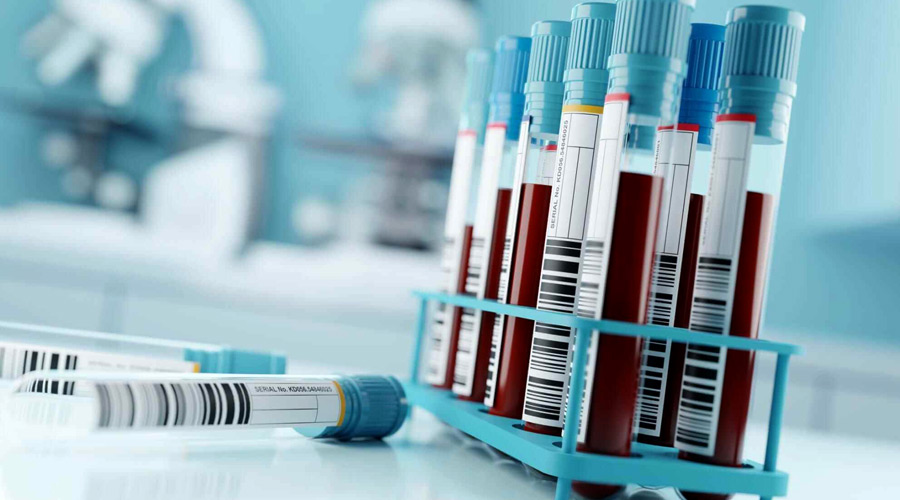
All Blood Test

All Blood Test
There are numerous blood tests available, each serving a specific purpose in assessing various aspects of your health. Blood tests are commonly used for diagnostic, monitoring, and screening purposes. Here is a list of some common blood tests and what they measure:
-
Complete Blood Count (CBC): This test measures the number and types of blood cells, including red blood cells, white blood cells, and platelets. It is used to diagnose anemia, infection, and various blood disorders.
-
Basic Metabolic Panel (BMP): The BMP includes tests such as electrolytes (sodium, potassium, chloride), glucose, and kidney function markers (creatinine and blood urea nitrogen) to assess overall metabolic health and electrolyte balance.
-
Comprehensive Metabolic Panel (CMP): This panel includes all BMP tests and adds liver function tests (bilirubin, alkaline phosphatase, aspartate aminotransferase, alanine aminotransferase) to assess liver function and overall metabolic health.
-
Lipid Profile: This measures cholesterol levels (total cholesterol, LDL cholesterol, HDL cholesterol, triglycerides) and helps assess the risk of heart disease and stroke.
-
Thyroid Function Tests: These tests include TSH (Thyroid-Stimulating Hormone), T3 (Triiodothyronine), and T4 (Thyroxine) levels to evaluate thyroid function and diagnose thyroid disorders.
-
Hemoglobin A1c (HbA1c): This test measures average blood glucose levels over the past two to three months and is used to diagnose and monitor diabetes.
-
Coagulation Panel: This panel assesses the blood's ability to clot and includes tests like prothrombin time (PT) and activated partial thromboplastin time (aPTT).
-
Blood Type and Rh Factor: Determines your blood type (A, B, AB, or O) and Rh factor (positive or negative), which is important for blood transfusions and organ transplants.
-
C-reactive Protein (CRP): Measures the level of inflammation in the body and can be used to assess the risk of cardiovascular disease and monitor inflammatory conditions.
-
Complete Thyroid Panel: In addition to TSH, T3, and T4, this panel may include tests for thyroid antibodies to diagnose autoimmune thyroid diseases like Hashimoto's thyroiditis and Graves' disease.
-
Vitamin D Levels: Measures the amount of vitamin D in the blood, which is important for bone health and overall well-being.
-
Hepatic Function Panel: A more comprehensive evaluation of liver function, including markers like albumin, total protein, and direct bilirubin.
-
Iron Panel: Includes tests such as serum iron, ferritin, and transferrin to assess iron levels and diagnose conditions like iron-deficiency anemia.
-
Rheumatoid Factor (RF) and Anti-CCP: Used to diagnose and monitor autoimmune conditions like rheumatoid arthritis.
-
HIV Test: Detects the presence of the human immunodeficiency virus (HIV), which causes AIDS.
-
Hepatitis Panel: Tests for hepatitis viruses (A, B, C) to diagnose viral hepatitis infections.
-
Kidney Function Panel: Evaluates kidney health and includes tests like creatinine, blood urea nitrogen (BUN), and estimated glomerular filtration rate (eGFR).
-
Blood Gas Analysis: Measures levels of oxygen, carbon dioxide, and pH in the blood and is crucial for assessing respiratory function.
These are just a few examples of the many blood tests available. The specific tests your healthcare provider orders will depend on your symptoms, medical history, and the information they are seeking to diagnose or monitor. It's essential to consult with a healthcare professional for personalized advice on which blood tests are appropriate for your health needs.